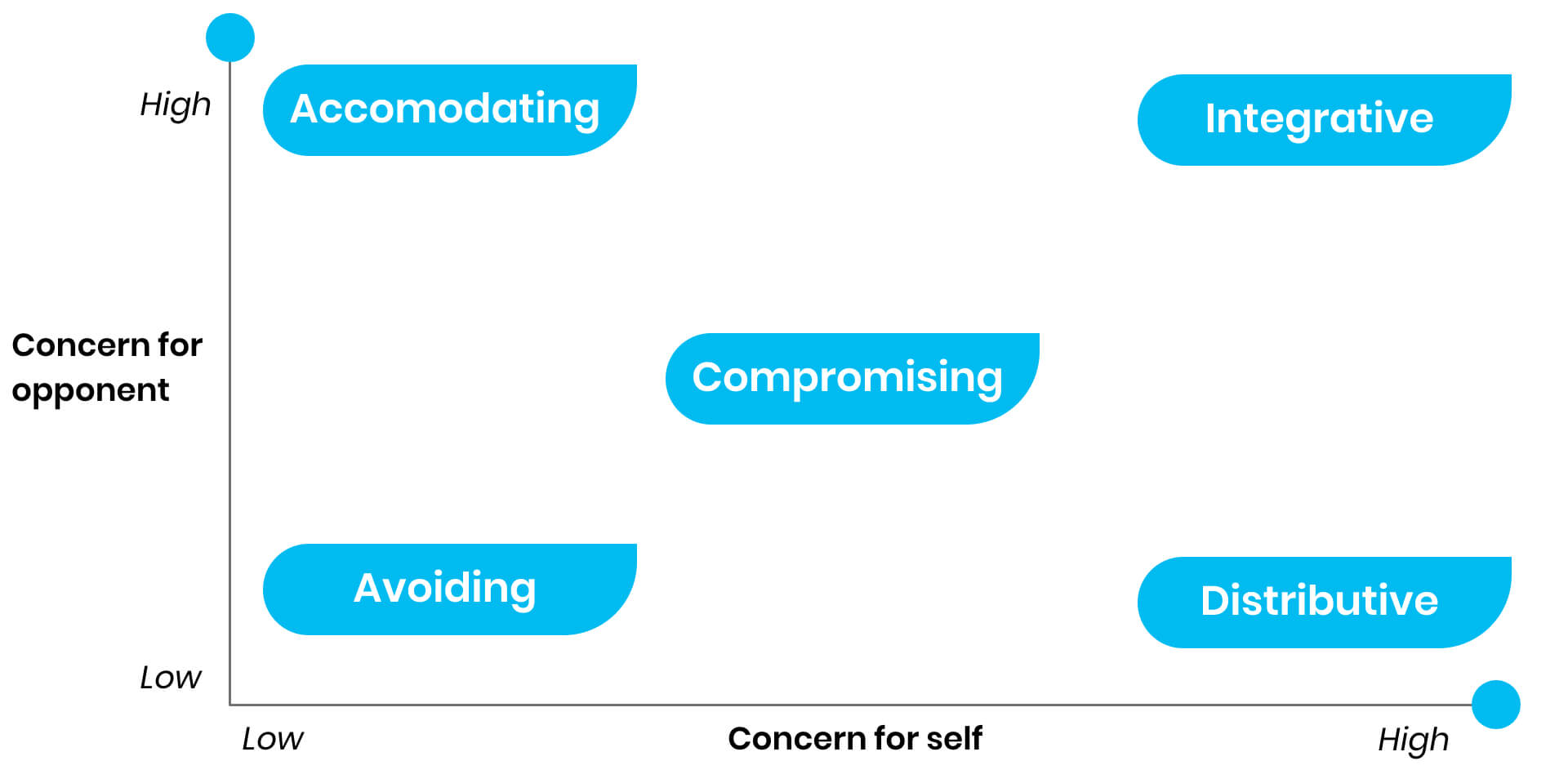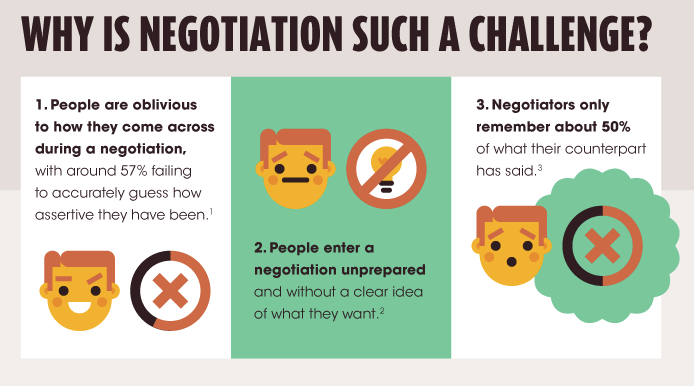
Mastering Negotiation: Strategies for Effective Implementation and Success

Strategies for Success: Mastering Negotiation Techniques
Negotiation is a fundamental skill in both personal and professional realms. Whether closing a business deal, resolving conflicts, or navigating interpersonal relationships, effective negotiation techniques play a crucial role in achieving favorable outcomes. In this article, we explore key strategies for mastering negotiation and providing actionable advice for successful implementation.
Understanding the Dynamics: The Foundation of Effective Negotiation
Before diving into specific techniques, understanding the dynamics of negotiation is essential. Recognize that negotiation is a collaborative process where parties aim to reach mutually beneficial agreements. Understanding the interests, motivations, and perspectives of all parties involved lays the foundation for effective negotiation.
Active Listening: The Power of Understanding
Active listening is a cornerstone of successful negotiation. By actively engaging with the other party’s perspectives, concerns, and desires, you demonstrate empathy and understanding. This not only builds rapport but also provides valuable insights that can be strategically leveraged during the negotiation process.
Building Relationships: Fostering Collaboration for Long-Term Success
Successful negotiation extends beyond immediate outcomes. Building strong relationships with counterparts contributes to long-term success. A collaborative and respectful approach establishes trust, making future negotiations smoother and creating a foundation for ongoing positive interactions.
Preparation and Research: The Key to Informed Negotiation
Effective negotiators invest time in thorough preparation and research. Understanding the subject matter, the counterpart’s background, and potential areas of compromise empowers you during negotiations. Informed negotiators are better equipped to make compelling arguments and navigate unforeseen challenges.
Setting Clear Objectives: The Roadmap to Success
Define your objectives clearly before entering negotiations. Whether seeking a favorable business deal, resolving a dispute, or reaching a compromise, having clear goals provides a roadmap for the negotiation process. This clarity ensures focus and helps you stay on track during discussions.
Flexibility and Adaptability: Navigating Dynamic Negotiation Environments
Negotiation environments can be dynamic and unpredictable. Successful negotiators exhibit flexibility and adaptability to changing circumstances. Being open to creative solutions, adjusting strategies as needed, and embracing a dynamic approach contribute to success in diverse negotiation scenarios.
Effective Communication: Crafting Persuasive Arguments
Clear and effective communication is paramount in negotiation. Articulate your points clearly, using language that resonates with the other party. Craft persuasive arguments that highlight the benefits of your proposals. Effective communication enhances the likelihood of gaining buy-in and reaching mutually agreeable outcomes.
Strategic Use of Silence: A Powerful Negotiation Tool
Silence can be a powerful tool in negotiation. Strategic pauses allow for reflection, encourage the other party to share more information, and create a sense of anticipation. Mastering the strategic use of silence enhances your control over the negotiation process and can lead to more favorable outcomes.
Win-Win Solutions: Seeking Mutual Benefit
Strive for win-win solutions in negotiations. While assertively pursuing your objectives, also explore options that benefit all parties involved. Negotiations that result in mutual gain are more likely to foster positive relationships and lay the groundwork for future collaborations.
Continuous Improvement: Learning from Every Negotiation
Every negotiation provides an opportunity for learning and improvement. Reflect on the outcomes, analyze what worked well, and identify areas for enhancement. Embrace a mindset of continuous improvement, refining your negotiation techniques based on experiences and feedback.
Negotiation Techniques Implementation Strategies Strategies Strategies Advice Link: Highpoint Family Law
For additional insights and comprehensive advice on implementing negotiation techniques successfully, explore Negotiation Techniques Implementation Strategies Strategies Strategies Advice. This resource offers expert guidance and practical tips to empower individuals in mastering the art of negotiation for various contexts.








